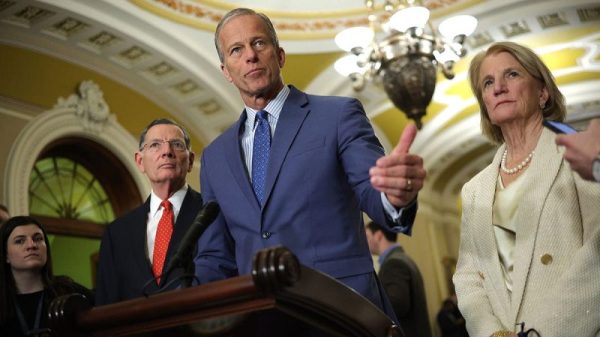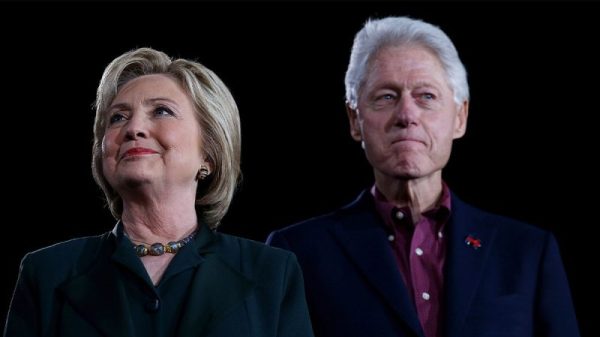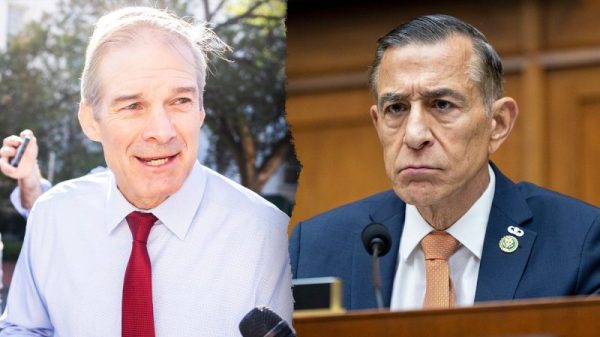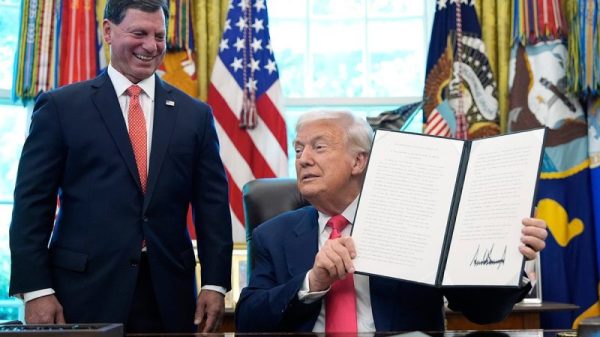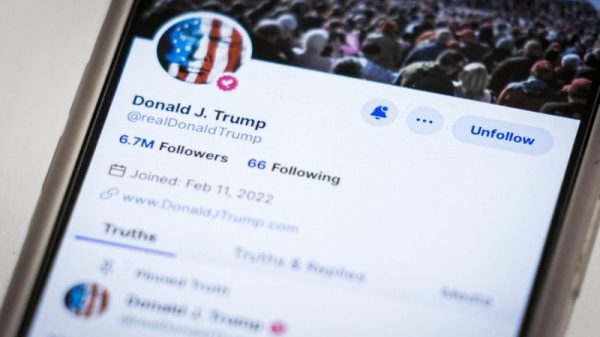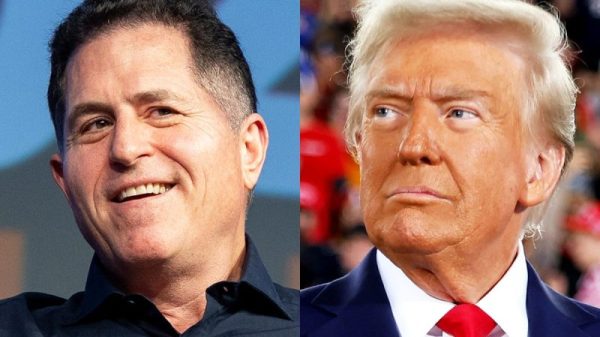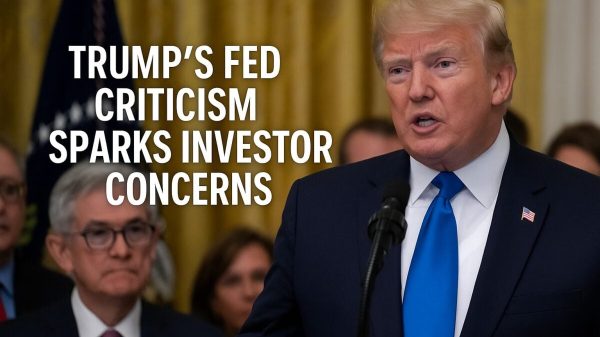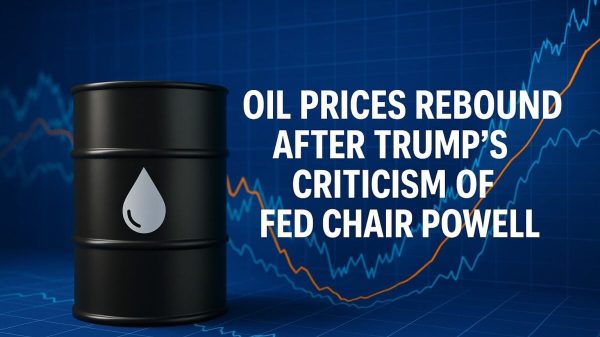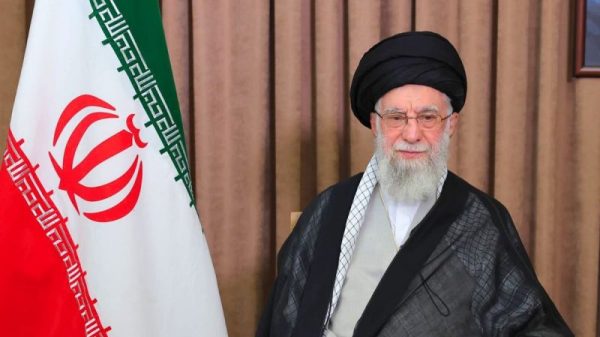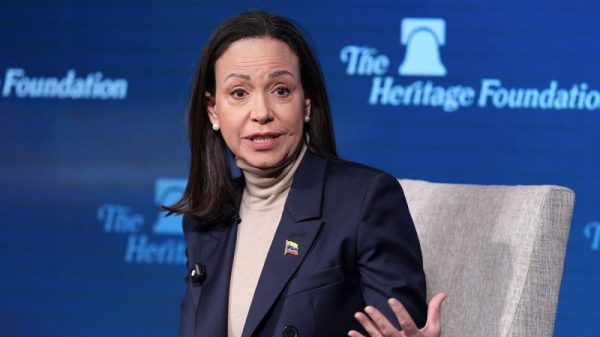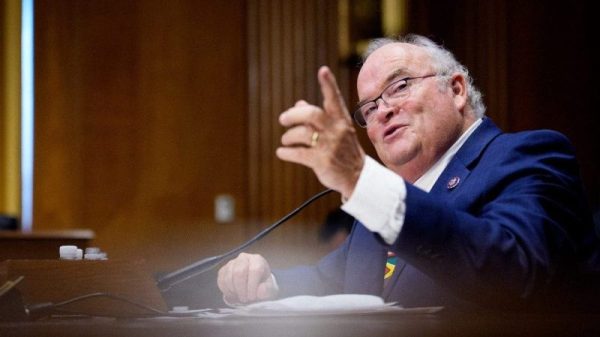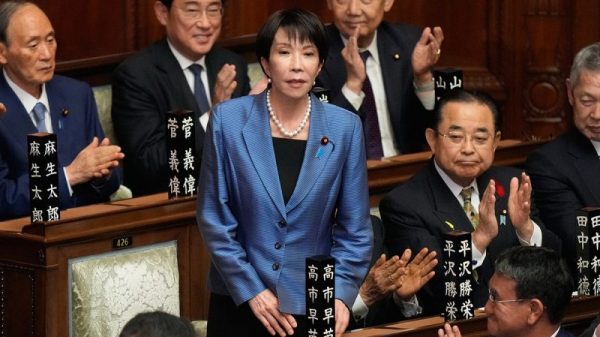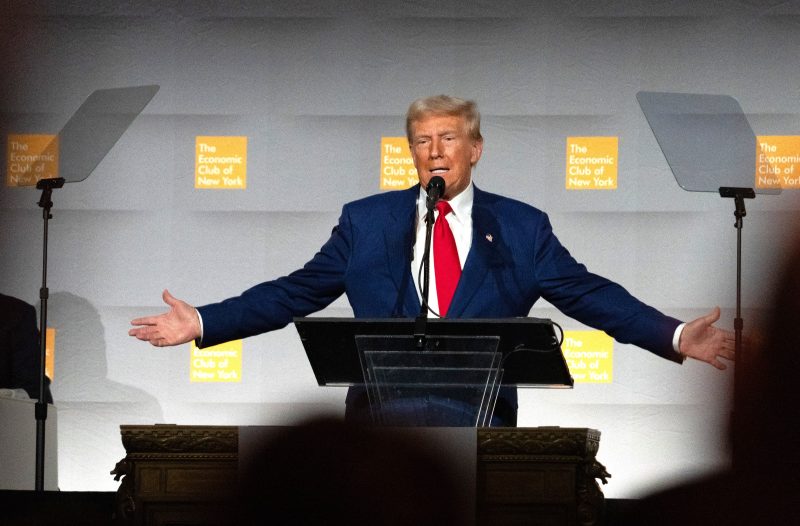One of the more humorous parts of Donald Trump’s hours-long conversation with Elon Musk last month was the way in which the two ideological and stylistic allies disagreed on inflation.
“Inflation was caused by oil,” the former president said at one point in the rambling discussion. This is a reiteration of a point Trump makes regularly on the campaign trail, one suggesting that higher oil prices a few years ago were fundamentally President Joe Biden’s fault to suggest that the country needs more oil production. (Energy prices did push other prices higher, but oil production in the United States has hit new highs under Biden and is not tightly correlated to gas prices.)
The business leader, though, had different desired outcomes. And, so, he offered a different root cause.
“A lot of people just don’t understand where inflation comes from,” Musk said — after Trump had offered his assessment of where inflation comes from. “Inflation comes from government overspending because the checks never bounce when it’s written by the government.”
Trump didn’t cede the point but he didn’t debate it. And, later, when Musk again insisted that spending was the cause of inflation, Trump agreed to the executive’s proposal for the creation of “a government efficiency commission that tries to make the spending sensible.”
And why not? Musk had already endorsed Trump, and news reports indicated that he planned to spend millions to boost his candidacy. Trump had already flipped his view of electric vehicles in a nod to the Tesla CEO; why not acquiesce here, too?
Speaking to the Economic Club of New York on Thursday, Trump indicated that this whole commission idea wasn’t simply one of dozens of similar riffs during his chat with Musk.
“At the suggestion of Elon Musk,” he began, then hopping into a little aside about how smart Musk was for endorsing him, “I will create a government efficiency commission tasked with conducting a complete financial and performance audit of the entire federal government and making recommendations for drastic reforms.”
What’s more, he said, Musk would be in charge of the thing. And “as the first order of business,” Trump said, “this commission will develop an action plan to totally eliminate fraud and improper payments within six months. This will save trillions of dollars.”
“Trillions,” he reiterated. “It’s massive. For the same service that you have right now.”
The Washington Post’s Jeff Stein notes a few problems with this idea, including the alleged scale (in a federal budget that included $6 trillion in total spending last fiscal year) and the idea that nothing would be affected as a result. But there’s another thing worth considering here: Is Musk really the guy you want to put in charge of overhauling the government?
After all, we do have some recent evidence about what it looks like when Musk is given sweeping power to overhaul an institution not of his making. His purchase of Twitter in 2022 (after an abandoned attempt to renege on the idea) offers several hints that this is perhaps not Musk’s forte.
One thing that Musk did in his efforts to restore the profitability of Twitter was to cut a significant source of cost: employees. The company went from about 8,000 employees at the time he bought it to fewer than 2,000. Apply that math to the federal government, and you end up with more than 2.4 million people out of work. That’s an eighth of the job losses recorded between March and April 2020, when the coronavirus pandemic kicked in. The result would probably not be “the same service that you have right now.”
Musk achieved that cut in workforce by overhauling how Twitter worked. Moderation teams were slashed as Musk welcomed back people banned for abuse and hate speech. Internal critics of Musk’s plan found themselves newly unemployed. Asked to apply the same approach to the government, perhaps Musk could push for the ouster of public safety teams — farewell TSA and Border Patrol! — and the firing of any employees critical of Trump’s presidency. (Trump would not balk at that latter idea.)
One result of those changes is that advertisers were less enthusiastic about paying Twitter to run their ads. Luckily for the government (and for Trump), taxpayers wouldn’t have an opportunity to voluntarily stop paying their income taxes. But perhaps Musk would seek to increase revenue by suddenly deciding on new monthly fees for basic services, the way he did at his social media company.
Twitter, of course, is no longer Twitter but “X.” One could ostensibly make the argument that changing the name of the U.S. to something punchier — perhaps a James David Vance-ian “USA”? — could cut costs. (Less ink on print jobs, for example.) But we can assume that even in Musk’s hands, the country’s name would be safe.
But perhaps not its center of operations. Musk recently announced that he was moving Twitter/X out of its headquarters in San Francisco and to Texas, partly a melodramatic response to new state laws he presents as unacceptably liberal. It’s also clearly in part because he wants to pay lower corporate tax rates. To save money.
Perhaps his commission would propose something similar. Why stay in D.C., where all the elites live? Why not decamp for somewhere cheaper like, say, Kansas? It’s easy to see how this overlaps nicely with an effort to reduce the number of people working for the federal government. (Trump tried something like this, too, which went over about as you would expect.)
And, while he’s at it, why not mirror his rash decision to pack up then-Twitter’s servers into trucks and move them from California to Oregon? If you’re suddenly relocating the nation’s capital to the outskirts of Lawrence, why not do it on the cheap, throwing stuff into a fleet of Cybertrucks — each of which could presumably fit at least two filing cabinets — and moving it yourself? It’s certainly cheaper.
This is all admittedly hyperbolic, but it’s also premature. We should not assume that, if reelected, Trump will actually create any such commission nor that it would work as constituted. (Remember his abandoned “voter fraud” commission?) And if he does, there’s no reason to think that Musk’s approach would exactly mirror his handling of the social media company.
There is one thing we can confidently predict (besides that there are not trillions in waste to be sliced without downstream effects). It’s that programs that put money in Musk’s pocket — the Pentagon’s support for Starlink, for example — will probably not be found to be ones that involve wasteful spending.

